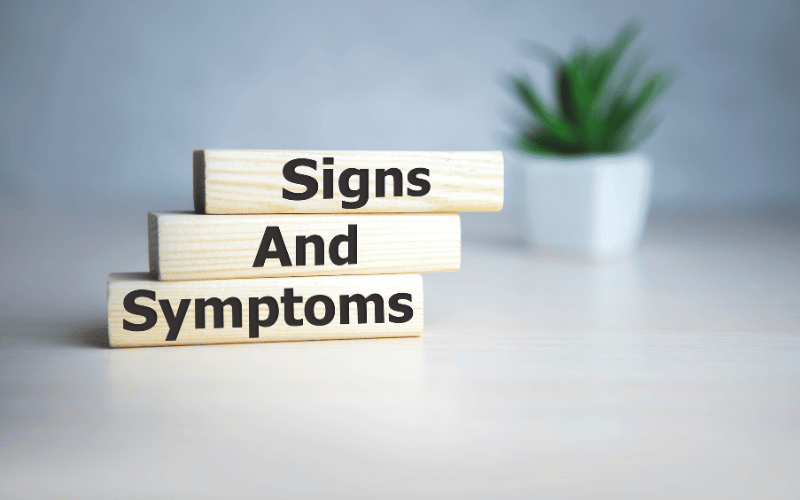2. Symptoms Spotlight: The Dusk of Disquiet

Sundown Syndrome presents itself through a range of symptoms. The most common include anxiety, restlessness, irritability, increased mobility issues, and difficulty in performing tasks. But perhaps what sets Sundown Syndrome apart from regular dementia or Alzheimer’s symptoms is their temporal pattern. They emerge or escalate with the setting sun, lending the syndrome its evocative name.
Anxiety, a common symptom, might manifest as a sense of unease or discomfort that doesn’t have an identifiable source. For someone experiencing Sundown Syndrome, the waning daylight could trigger feelings of anxiety that were not present during the day. This could lead to restlessness, another characteristic symptom of this condition. A simple act of sitting still or focusing on a task becomes a challenge, leading to frustration and further anxiety.
The irritability associated with Sundown Syndrome often arises from this cocktail of anxiety and restlessness. As the individual struggles to understand and manage their heightened emotions and the confusion that might accompany them, it’s not uncommon for them to become irritable. They may become more sensitive to their environment or interactions, reacting more strongly than they would under normal circumstances.
In addition to these emotional symptoms, individuals with Sundown Syndrome might also experience increased difficulty in performing tasks. This is particularly true for activities that they could execute relatively easily during the day. As the sun sets, tasks such as dressing up for dinner or brushing their teeth might seem like insurmountable challenges. This can lead to a further sense of frustration and agitation, compounding the existing symptoms.
Though the symptoms of Sundown Syndrome can be quite distressing, recognizing their patterns can be the first step towards managing them. By acknowledging the onset of these symptoms, caregivers and individuals can better prepare for the evening and develop strategies to minimize their impact. (2)